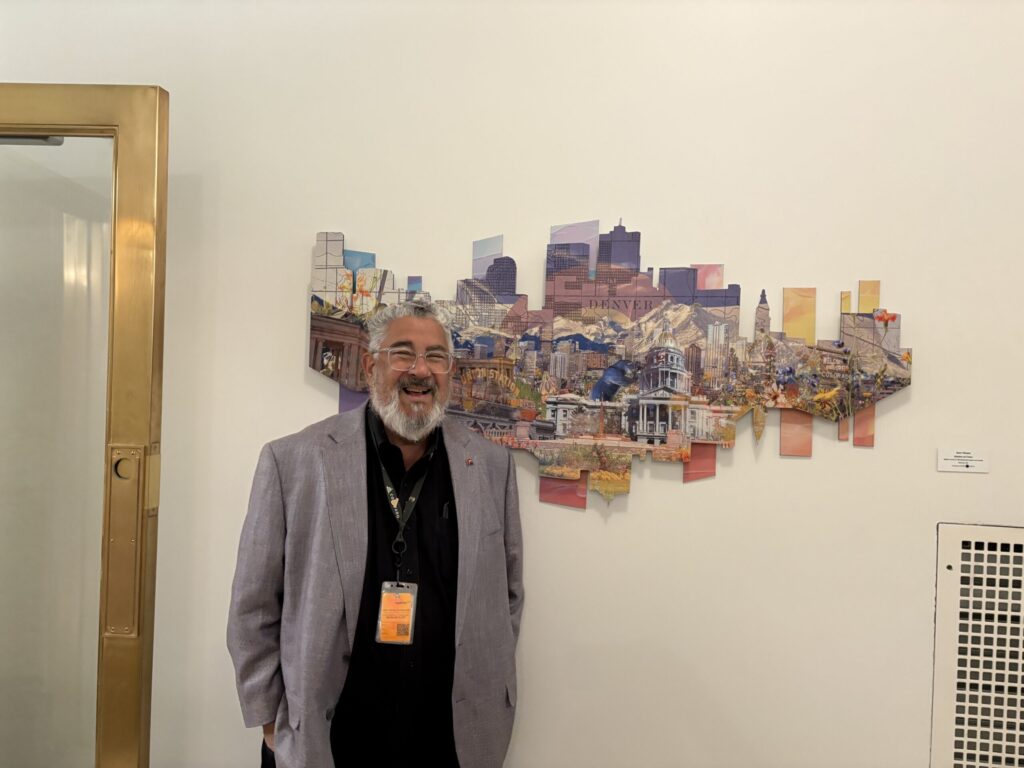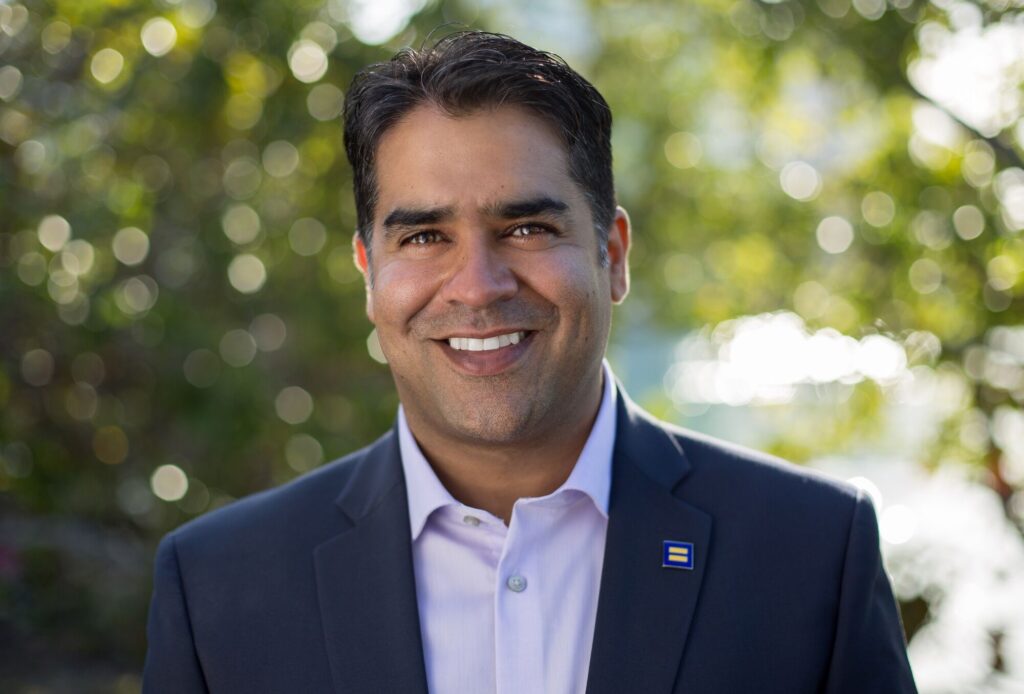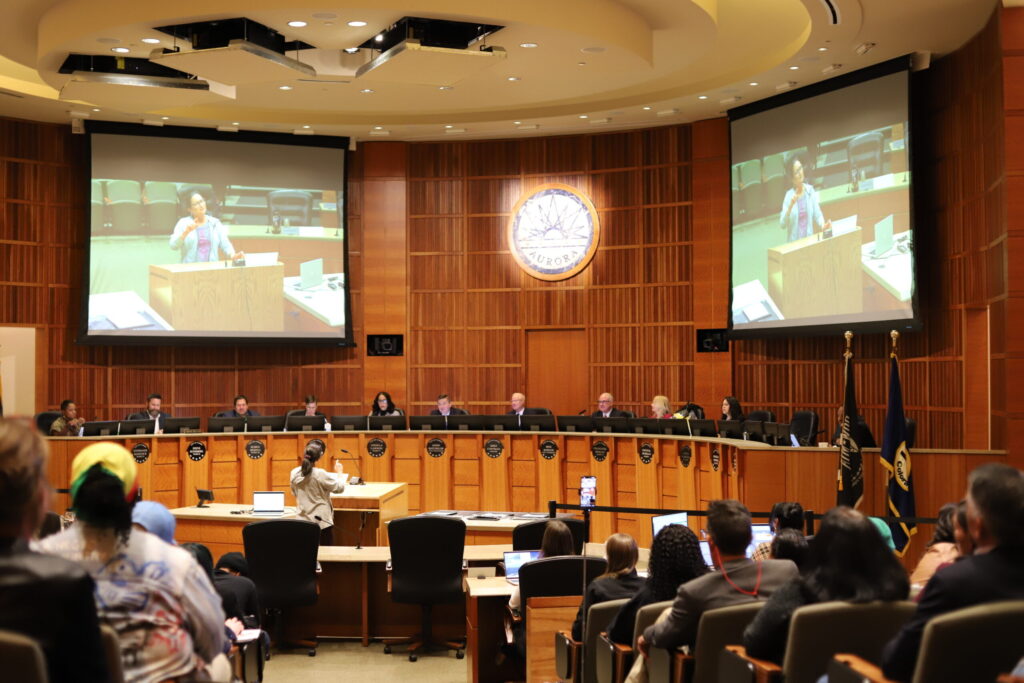Bush pays visit to Colorado ahead of potential campaign
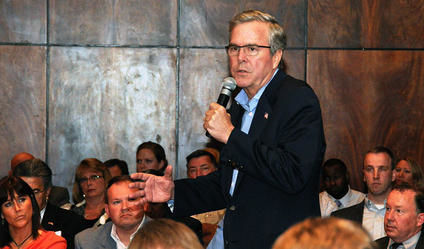
On the same day Sen. Rand Paul launched his presidential campaign in Kentucky, former Florida Gov. Jeb Bush, another likely candidate in what promises to be a crowded field of GOP contenders, barnstormed the Colorado Front Range with a series of meetings with constituent groups and a fundraiser.
“Just to be clear, I’m not a candidate,” Bush said at an appearance on Tuesday afternoon before a crowd of energy industry insiders and Republican politicians at the Brown Palace Hotel. “I’m seriously considering the possibility. I want to be clear, this would be a great place to trigger a campaign, but it ain’t gonna happen today.”
Bush spoke briefly and then took questions for roughly an hour at the gathering, dubbed an energy town hall, discussing topics that ranged from the Obama administration’s Iranian nuclear deal to the health risks of hydraulic fracturing. But Bush returned again and again to his contention that the American economy has to strive for stronger annual growth and argued that the “revolution” in energy production can spur that growth.
“We should be growing our economy at 4 percent per year, not 2 percent per year,” Bush said, decrying what he termed the “defeatist attitude” of settling for lackluster economic growth. “The new normal will overwhelm us,” he said. Bush added that growing at the higher rate would swell the country’s current $19 trillion economy by another $4.3 trillion – as much as the economic output of Germany – over a decade. “This is worth striving for,” he said.
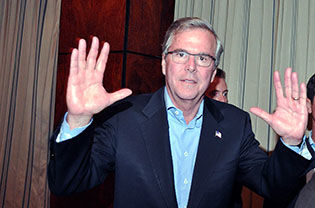
“We should shake that off and be America again,” Bush said, instead of becoming accustomed to a lagging economy with slower growth.
The keys to unlocking the nation’s economy, Bush said, include fixing the “broken immigration system and turn[ing] it into an economic driver,” overhauling the tax code to “create the least possible friction,” unraveling a “stifling” regulatory regime, and reforming the nation’s entitlement system. And in a room full of oil and gas industry executives, Bush continually invoked the energy boom as a lever that can propel the economy to new heights, in addition to yielding benefits to American interests abroad.
Pointing to innovations such as hydraulic fracking and horizontal drilling, Bush argued that the country should continue pursuing North American energy security “as fast as possible.”
“Sadly, in Washington, D.C., right now, everything’s political,” Bush said, including the energy industry, which “is under attack in Washington.” Instead, he added, “This is part of something we should be big and bold for. We should be supportive of in every possible way.”
Addressing a question about the country’s ban on oil exports, Bush labeled the policy a relic of the 1970s and said it was out of step with the current economy. Contrary to concerns, he said, allowing producers to ship oil overseas won’t cause domestic energy prices to rise and could, instead, lead to “stranded oil” that can’t be economically refined stateside. “The ban should be lifted,” he said.
In addition, Bush said, assuming the role of an energy powerhouse will allow the United States to play a constructive role “without a heavy military footprint” in regions of the world where despotic regimes wield power because of their own oil and gas revenues.
“I’d rather have a smaller footprint militarily and be safer because we’ve embraced this energy revolution for our own economic and security interests,” he said.
Bush slammed the framework of a nuclear deal with Iran announced last week by President Obama, calling it “a missed opportunity,” though he credited Obama for bringing other nations to the table for the negotiations.
“The President was right in the beginning, if he was going to negotiate with the Iranian regime to establish the goal – and it should have been a nonnegotiable goal – of never allowing Iran to have a nuclear bomb,” Bush said. Saying that “would have been a bold step … had he stuck it out, had he maintained that as his position,” Bush faulted the Democratic administration for ceding points to the Iranians in the course of negotiations. “He pulled back from his success too early,” Bush said, creating a “perpetual negotiation” where the United States and its allies kept dropping demands while the Iranians stood firm.
He also took aim at complaints about health effects and environmental concerns over hydraulic fracturing, contending that the energy-extraction technology has “been around a while” and there’s been ample time to determine it’s safe.
Referring to the 2012 film “Promised Land,” Bush lamented that the fictional Matt Damon vehicle was somehow influencing discussion about the safety of fracking.
“When you have Matt Damon doing a movie and people start citing him,” Bush said, “we’ve lost our way, a bit. He’s a great actor, but he shouldn’t be a chief scientific advisor to anybody.”
Instead, Bush said, it’s time to calm fears about fracking “and promote the obvious economic benefits, which must draw a whole lot of people, irrespective of what your ideology is to the cause.”
Asked about the potential that anti-fracking activists – backed by wealthy environmentalists, such as U.S. Rep. Jared Polis – could persuade voters to restrict fracking with ballot measures, Bush said that he is “increasingly less of a fan of initiative and referendum” because of the possibility of “one bad election” that can create hardship that can’t easily be undone. “There’s got to be a better way to do this. You do this every two years. This is not healthy for the economy of Colorado,” he said.
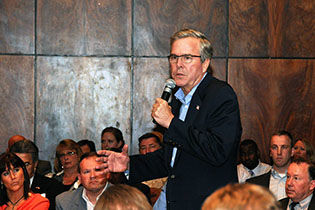
Bush was the second likely Republican candidate to land in the state in just the past week. South Carolina Sen. Lindsey Graham, who has said he plans to announce whether he’s running for president next month, appeared last week in Denver for a discussion about terrorism and global security.
As one of only a handful of states that haven’t voted for the same party in the last half dozen presidential elections – Democrats and Republicans have each won Colorado’s electoral votes three times since the 1992 election – Colorado promises to be a crossroads for the 2016 presidential campaign. Colorado will be host to the third Republican presidential primary debate, broadcast in October by CNBC.
Before appearing at the Brown Palace, Bush joined a group of veterans at a pancake house and paid a visit to the Focus on the Family evangelical empire in Colorado Springs. He also attended a fundraiser in Denver, sources close to the potential candidate said. (Bush operates two PACs, both under the name Right to Rise, a phrase popularized by Wisconsin Rep. Paul Ryan.)
Democrats used the occasion of Bush’s visit to the state to take a swing at Republican U.S. Rep. Mike Coffman, whose congressional campaign received a donation from Bush last year.
The liberal advocacy group ProgressNow Colorado argued that Coloradans don’t want a “third Bush presidency” in a release that also blasted Bush for holding a meeting at the swanky Brown Palace Hotel.
“That Jeb Bush considers a closed session with the oil and gas industry at the Brown Palace to be a ‘town hall meeting’ shows how completely out of touch the Bush dynasty is from the people of Colorado,” said ProgressNow Colorado executive director Amy Runyon-Harms, adding, “the Bush family’s throwback agenda is wrong for our state.”
– Ernest@coloradostatesman.com






